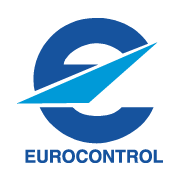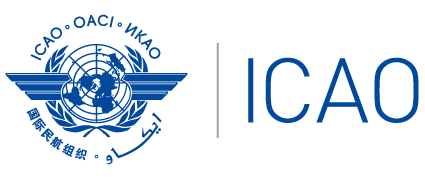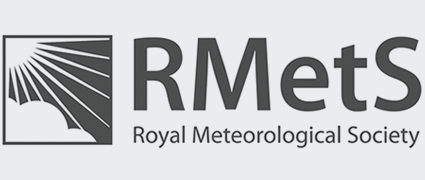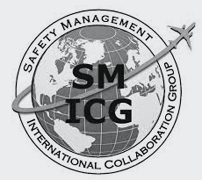Karolinska Sleepiness Scale (KSS)
Karolinska Sleepiness Scale (KSS)
Article Information
Category:
Content source:
Content control:
Last modified:
29.Apr.2024
Article UID:
Description
The Karolinska Sleepiness Scale measures the subjective level of sleepiness at a particular time during the day. On this scale, subjects indicate a level which best reflects the psycho-physical state experienced in the last 10 minutes. The KSS is a measure of situational sleepiness.
Practical Application
KSS has been used in studies of shift work, jet lag, attention and performance and in clinical settings. It is helpful in assessing the changes in response to environmental factors, circadian rhythm, and effects of drugs/medication. The use of KSS is subjective but has been found to be highly correlated to electroencephalogram (EEG) and behavioural variables.
Scoring
Scoring of KSS is on a 9 point scale:
- 1 = extremely alert
- 2 = very alert
- 3 = alert
- 4 = rather alert
- 5 = neither alert nor sleepy
- 6 = some signs of sleepiness
- 7 = sleepy, but no effort to keep awake
- 8 = sleepy and some effort to keep awake
- 9 = very sleepy, great effort to keep awake, fighting sleep
There is a modified KSS which includes a tenth point on the scale:
- 10 = extremely sleepy, falls asleep all the time
SKYclip
Related articles
Categories








